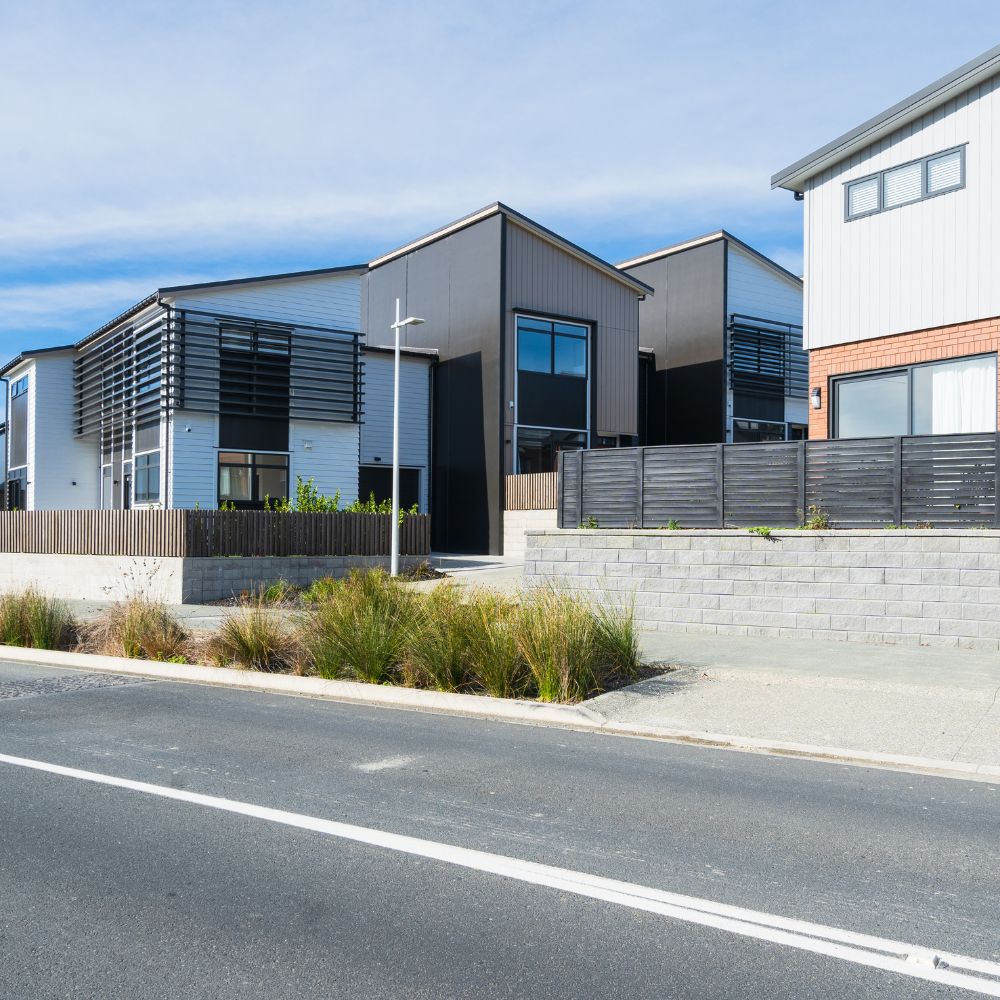Property development project management is a complex field that requires extensive knowledge and skills to successfully navigate. Whether you are a seasoned developer or a beginner in the industry, understanding the fundamentals of property development project management is crucial for achieving success in your projects. In this ultimate guide, we will delve into the world of property development project management, exploring its role, key principles, steps, factors to consider, challenges, solutions, and best practices. By the end of this guide, you will have a comprehensive understanding of property development project management and be equipped with the tools to excel in your future projects.
The Role of a Property Development Project Manager
A property development project manager plays a pivotal role in the success of a development project. They are responsible for overseeing the entire project from conception to completion, ensuring that all aspects of the project are executed smoothly and efficiently. A project manager must possess a wide range of skills, including leadership, communication, problem-solving, and negotiation, to effectively manage the complexities of a development project.
One of the primary responsibilities of a property development project manager is to establish clear project goals and objectives. This entails conducting thorough research and analysis to determine the feasibility and profitability of a potential development project. The project manager must also create a detailed project plan, outlining the scope, timeline, budget, and resources required for the project.
Once the project is underway, the project manager must effectively coordinate and manage all stakeholders involved, including architects, contractors, engineers, suppliers, and local authorities. They must ensure that all parties are working together cohesively and that the project is progressing according to plan. Additionally, the project manager must monitor the project’s progress, identify and mitigate any risks or issues that arise, and make necessary adjustments to keep the project on track.
Key Principles of Property Development Project Management
To successfully manage a property development project, it is important to adhere to key principles that guide the decision-making process and ensure project success. These principles include:
- Clear Communication: Effective communication is crucial for the smooth operation of a development project. The project manager must establish open lines of communication with all stakeholders, ensuring that everyone is well-informed and on the same page.
- Thorough Planning: A well-developed project plan is the foundation for a successful project. The project manager must meticulously plan every aspect of the project, including the timeline, budget, resources, and potential risks.
- Risk Management: Identifying and managing risks is an essential part of property development project management. The project manager must conduct thorough risk assessments and develop strategies to mitigate and minimize potential risks.
- Flexibility and Adaptability: The ability to adapt to unexpected changes and challenges is crucial in property development project management. The project manager must be flexible and ready to make adjustments to the project plan as necessary.
- Quality Control: Maintaining high-quality standards throughout the project is essential. The project manager must ensure that all work is completed to the required standards and that any issues or defects are addressed promptly.

Steps in the Property Development Project Management Process
The property development project management process consists of several key steps that must be followed to achieve project success. These steps include:
- Project Initiation: This phase involves identifying potential development opportunities, conducting market research, and determining the feasibility of the project. The project manager must also secure funding and create a project team.
- Project Planning: In this phase, the project manager develops a detailed project plan, including the project scope, timeline, budget, and resources required. They must also obtain any necessary permits and approvals.
- Project Execution: The execution phase involves coordinating and managing all activities and resources to implement the project plan. The project manager must ensure that all tasks are completed on time and within budget.
- Project Monitoring and Control: During this phase, the project manager monitors the project’s progress, tracks the budget, and identifies any deviations from the plan. They must also make necessary adjustments to keep the project on track.
- Project Closure: The final phase involves completing all remaining tasks, conducting a final inspection, and obtaining any necessary certifications or approvals. The project manager must also ensure that all project documentation is properly organized and archived.
Factors to Consider in Property Development Project Management
Property development project management involves juggling numerous factors that can significantly impact the success of a project. Some key factors to consider include:
- Location: The location of a development project plays a crucial role in its success. Factors such as accessibility, amenities, and market demand must be carefully considered when selecting a location.
- Market Analysis: Conducting a thorough analysis of the market is essential to determine the demand for the proposed development. The project manager must assess market trends, competition, and potential risks.
- Financial Feasibility: Assessing the financial feasibility of a project is crucial. The project manager must determine the expected costs, potential returns, and financing options available.
- Regulatory Compliance: Complying with local regulations and obtaining the necessary permits and approvals is essential. The project manager must have a clear understanding of the legal and regulatory requirements for the project.
- Sustainability: Incorporating sustainable practices and technologies into the development project is becoming increasingly important. The project manager must consider the environmental impact and long-term sustainability of the project.
Challenges and Solutions in Property Development Project Management
Property development project management is not without its challenges. Some common challenges include:
- Budget Constraints: Sticking to the allocated budget can be challenging, especially when unexpected costs arise. The project manager must carefully monitor and control expenses to avoid budget overruns.
- Timeline Pressures: Completing a project within the specified timeline can be challenging, especially when faced with delays or unforeseen issues. The project manager must proactively manage the project schedule and make necessary adjustments to meet deadlines.
- Stakeholder Management: Managing the expectations and demands of various stakeholders can be challenging. The project manager must effectively communicate and collaborate with all stakeholders to ensure their needs are met.
- Risk Management: Identifying and managing risks is a constant challenge in property development project management. The project manager must develop effective risk management strategies and regularly assess and mitigate potential risks.

To overcome these challenges, project managers can implement various solutions, such as:
- Effective Communication: Clear and open communication is crucial for overcoming challenges. Regularly updating stakeholders on project progress and addressing any concerns or issues promptly can help mitigate challenges.
- Risk Planning: Conducting thorough risk assessments and developing contingency plans can help mitigate potential risks and minimize their impact on the project.
- Collaborative Approach: Encouraging collaboration and teamwork among stakeholders can help overcome challenges. By fostering a collaborative environment, project managers can leverage the expertise and input of all stakeholders to find innovative solutions.
Best Practices in Property Development Project Management
To excel in property development project management, it is important to follow best practices that have been proven to deliver successful outcomes. Some best practices include:
- Establishing Clear Goals and Objectives: Clearly defining project goals and objectives from the outset is crucial. This provides a clear direction for the project and ensures that all stakeholders are aligned.
- Building a Strong Project Team: Assembling a skilled and experienced project team is essential. The project manager must carefully select team members based on their expertise and ability to collaborate effectively.
- Implementing Robust Project Controls: Implementing effective project controls, such as regular progress reporting, budget tracking, and risk assessments, can help keep the project on track and identify any potential issues early on.
- Leveraging Technology: Utilizing project management software and tools can greatly enhance project efficiency and collaboration. Technology can streamline communication, automate processes, and provide real-time project data.
- Continuous Learning and Improvement: Embracing a culture of continuous learning and improvement is crucial for long-term success. Project managers should regularly evaluate project outcomes and identify areas for improvement.
Conclusion
Property development project management is a multifaceted discipline that requires a deep understanding of the industry, strong leadership skills, and effective project management techniques. By understanding the role of a property development project manager, key principles, steps in the project management process, factors to consider, and best practices, you will be well-equipped to navigate the complexities of property development projects. Remember to communicate clearly, plan meticulously, manage risks effectively, and continuously strive for excellence. With these foundations in place, you can successfully manage property development projects and achieve optimal results.


Contact us